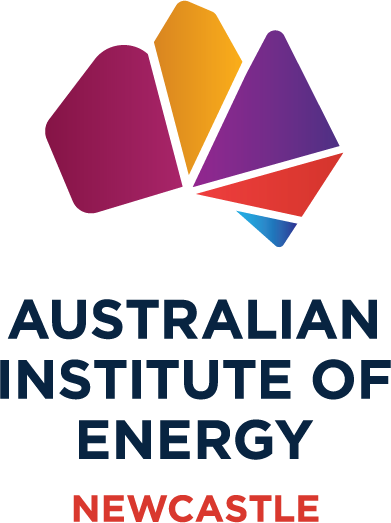Financing Hydrogen Energy
This course is a comprehensive and detailed presentation of the state of technology, costs, the market, the existing project pipeline and future opportunities, financing sources for hydrogen, the structure of deals and how to model them.

Key Learning Objectives
- Gain an appreciation of the key technical advances of the hydrogen market and the constraints it still faces.
- Examine applications for hydrogen technology across multiple industries and jurisdictions.
- Learn the regulatory frameworks and hydrogen market development strategies adopted by governments in Asia Pacific
- Review comparative hydrogen and other renewable and fossil fuel costs.
- Recognise the correct methodologies for forecasting the growth of the hydrogen market by sector.
- Study the hydrogen value chain.
- Research which organisations are active in lending and investing to hydrogen projects.
- Develop appropriate debt and equity corporate and project finance structures for hydrogen investments in Asia Pacific.
- Be able to construct, audit and conduct risk analysis on a hydrogen financial model.
About the Course
The emergence of hydrogen as a viable renewable fuel source has been long predicted, but the combination of technological developments, government support and market interest has now combined finally to make it a reality. This course is a comprehensive and detailed presentation of the state of technology, costs, the market, the existing project pipeline and future opportunities, financing sources for hydrogen, the structure of deals and how to model them.
The course starts from a survey of the key advantages and constraints behind hydrogen as a power source and of recent technical developments across the rainbow of hydrogen types, including the intersection of hydrogen production and other renewable energies, storage and applications for hydrogen across industry sectors, including manufacturing, transport and construction. Delegates then examine the logic behind regulatory measures and their implications, and the level of government support at all levels across multiple jurisdictions. The course then moves to forecasting techniques, in order to open up discussion of the way the market may develop in the immediate future.
Delegates will then study both relevant renewable energy fund structures and individual hydrogen investment deals involving production, storage, supply and offtake, and trading, both from an equity and debt standpoint as well as the legal aspects of deals. The principal task for delegates will be to pinpoint relevant metrics in each case, before going on to work together in groups to audit hydrogen financial models and then to go on to compare and review them from a risk perspective.
Who Will Benefit
Technology is now finally conquering the obstacles that have prevented the final emergence of hydrogen as a viable energy source. Governments, international agencies and the private sector are now all working closely together to bring numerous hydrogen projects to fruition. This course is designed for industry participants involved in delivering those projects as well as regulators and policymakers.
The course is therefore aimed at all of those who need to gain a practical appreciation of the specific financial and economic structures that are appropriate for the emerging commercial hydrogen market. There is no prior requirement for financial knowledge. Those who can benefit from attending therefore include engineers, technology specialists, developers, lawyers, accountants and bankers, as well as investors, economists, regulators, and those involved with the development of hydrogen energy policy within government.












